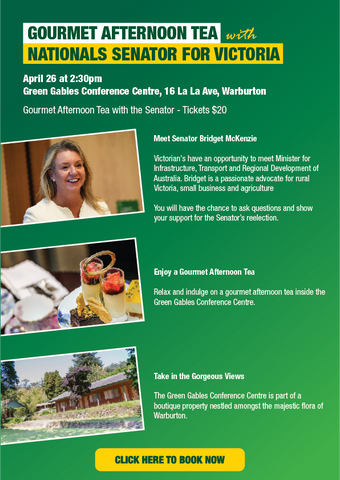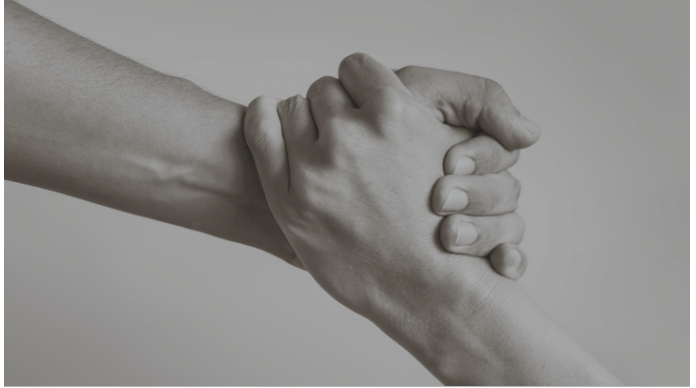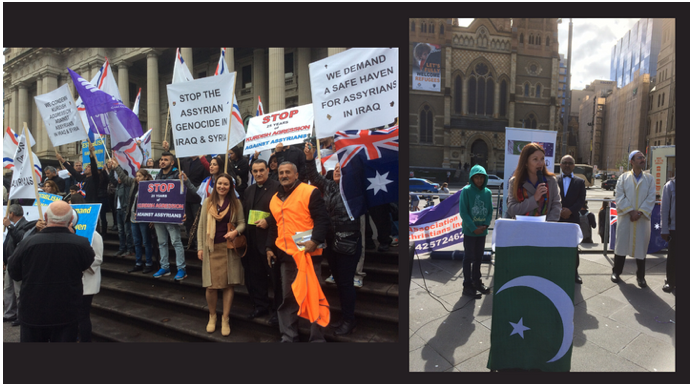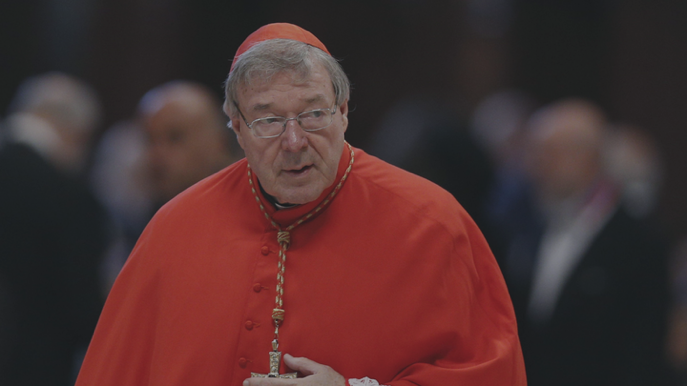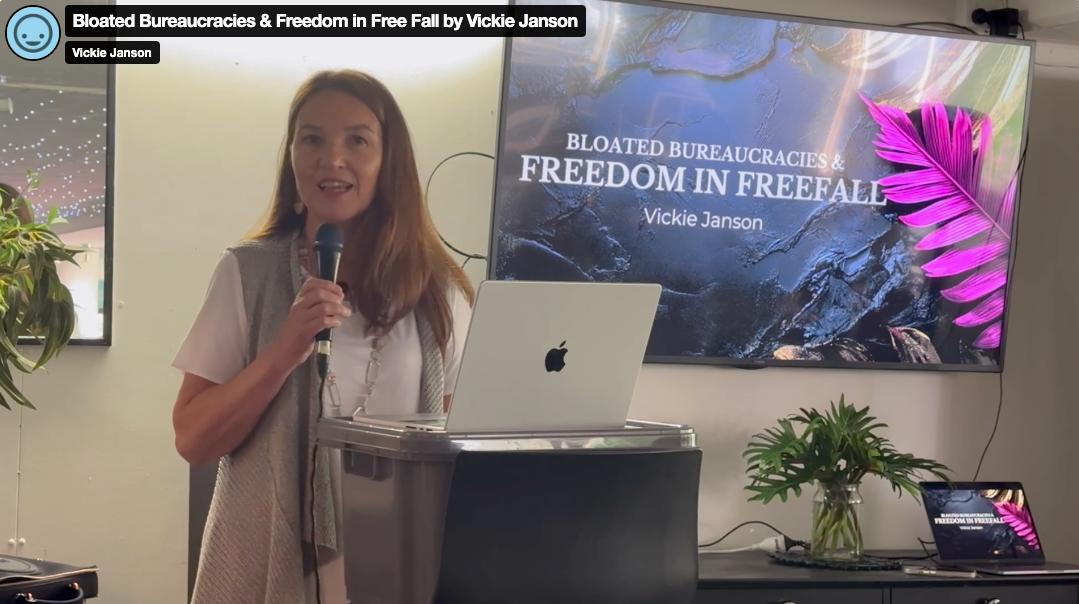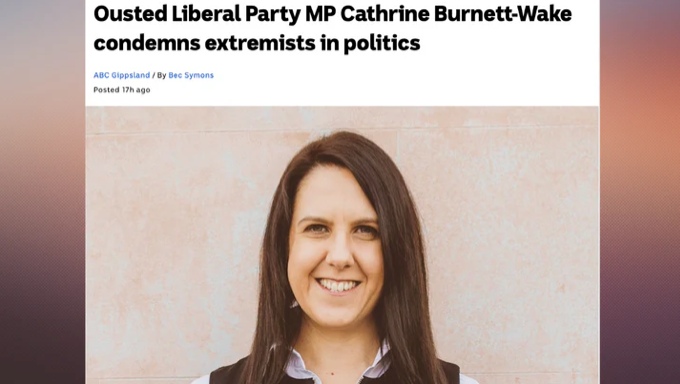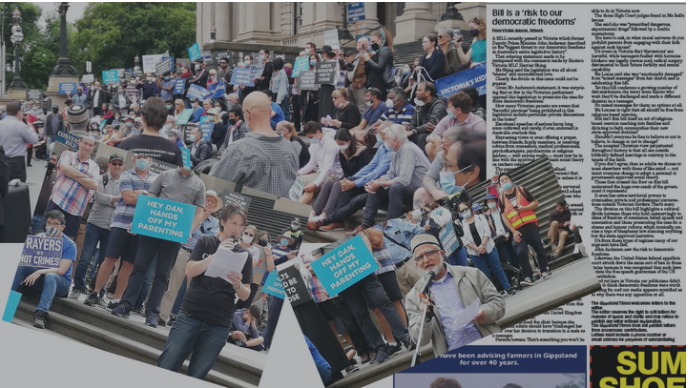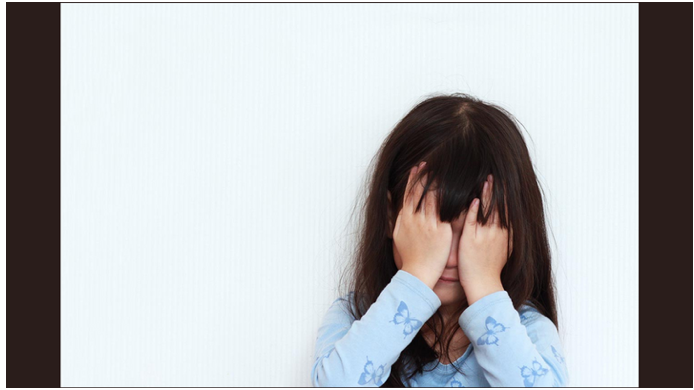Vickie's Journey into Political Islam

It has been quite a journey.
Nearly 10 years ago I responded to Waleed Aly’s book People Like Us: How Arrogance is Dividing Islam and the West. Aly claimed to offer a real conversation about Islam in a western context. As this was a conversation my husband Michael and I had actively attempted to engage in with many Australian Muslims, I took the opportunity to respond to Aly via my book Ideological Jihad. I wrote this as an open letter to Aly.

Here I attempted to connect the dots between the Islamic mission we had witnessed in Australia and the growing concern of many Australians about the undermining of core freedoms and human rights which were facilitated through the expression of political Islam. I learnt that religious beliefs have political consequences.
I also learnt through Islamic lectures in Melbourne that dawah (Islamic mission) and jihad (striving, sometimes violently, in the cause of Allah) could be two sides to the same coin. Either way that coin fell, it appeared it was ‘heads up’ for Islamists with Islamic state aspirations. This was the fundamental nature of the Islam we were exposed to in Australia; purely political with a break for prayers.
‘Ideological Jihad’ was the end result of a close friendship with an Egyptian mum who radicalized. After it was published I met a Malaysian woman named Zalifah. She didn’t fit nicely into the framework of Islamic teaching we’d been exposed to but as an individual, Zalifah had also moved from ‘one Islam to another.’ Ie her Islam wasn’t politically motivated at that time, but she confessed, it once had been. There was a time in her youth when a suicide mission would have been something to consider. We are still the deepest of friends.


